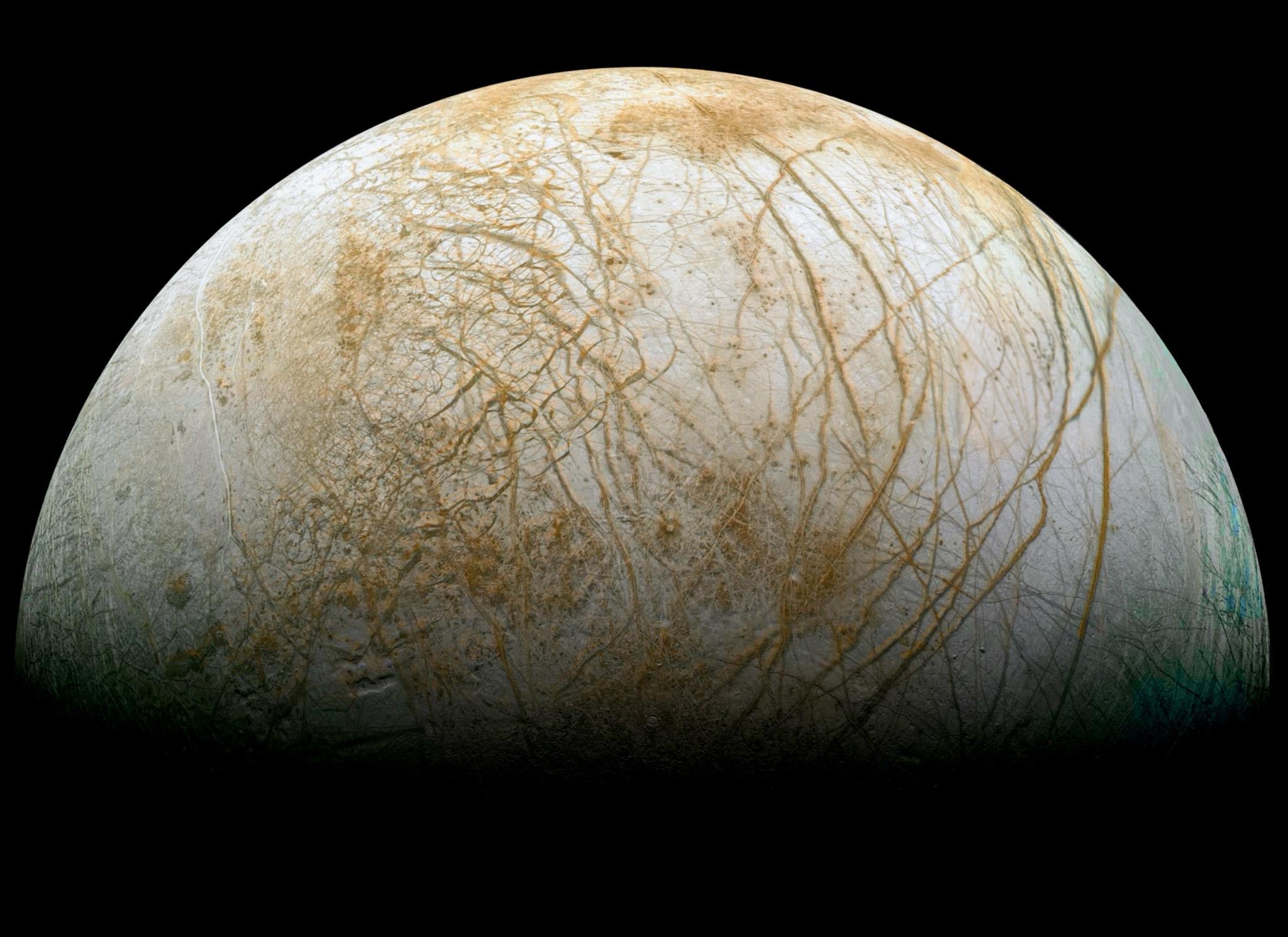Nasa to hold announcement about potentially life-supporting ocean on Jupiter’s moon, Europa
The moon is one of the best candidate's for finding life in our own solar system

Your support helps us to tell the story
From reproductive rights to climate change to Big Tech, The Independent is on the ground when the story is developing. Whether it's investigating the financials of Elon Musk's pro-Trump PAC or producing our latest documentary, 'The A Word', which shines a light on the American women fighting for reproductive rights, we know how important it is to parse out the facts from the messaging.
At such a critical moment in US history, we need reporters on the ground. Your donation allows us to keep sending journalists to speak to both sides of the story.
The Independent is trusted by Americans across the entire political spectrum. And unlike many other quality news outlets, we choose not to lock Americans out of our reporting and analysis with paywalls. We believe quality journalism should be available to everyone, paid for by those who can afford it.
Your support makes all the difference.Nasa might be about to announce that Jupiter’s moon has a hidden ocean under its surface that might support life.
Europa has long been suspected to potentially have water hidden beneath its observable surface. Scientists are especially excited because if that ocean is constructed as they think, it might be able to support life.
The moon is thought to be among the best, if not the best, place in our own Solar System for potentially finding alien life. Under its icy shell is liquid water – and if that is in contact with the rocky mantle at the middle, as is thought, then it might lead to various chemical reactions that could in turn have spawned life.
Now Nasa is set to hold a teleconference on Monday where it will present “new findings from images captured by the agency’s Hubble Space Telescope of Jupiter’s icy moon, Europa”, according to a media advisory released by the agency.
Four people will present at the event. That includes Britney Schmidt, who works at the School of Earth and Atmospheric Sciences at Georgia Institute of Technology in Atlanta, and so presumably will speak about the quality and nature of the ocean that is thought to have been found.
Given the involvement of scientists from Hubble, it’s likely that the new work has spotted plumes of water vapour above the planet again. In 2012, Hubble picked up such plumed about 120 miles above Europa’s south pole – but they haven’t been spotted again and the plumes haven’t been confirmed.
If they are picked up, it could lead to changes in the space programme. The plumes would make it possible to study the ocean without actually landing on the moon, and instead just catching one of the plumes.
Join our commenting forum
Join thought-provoking conversations, follow other Independent readers and see their replies
Comments